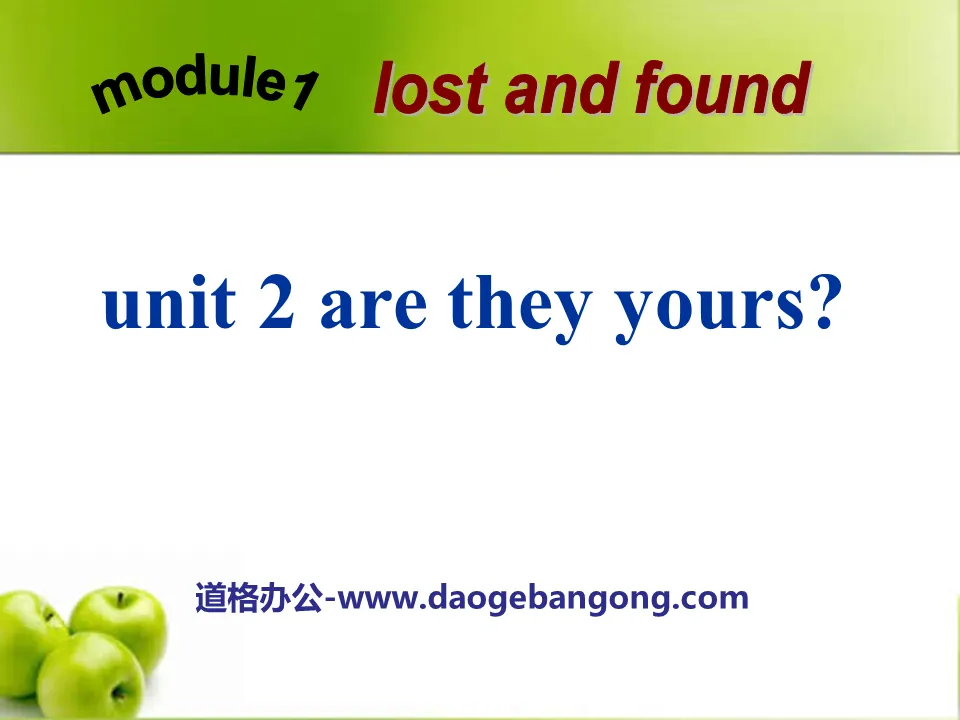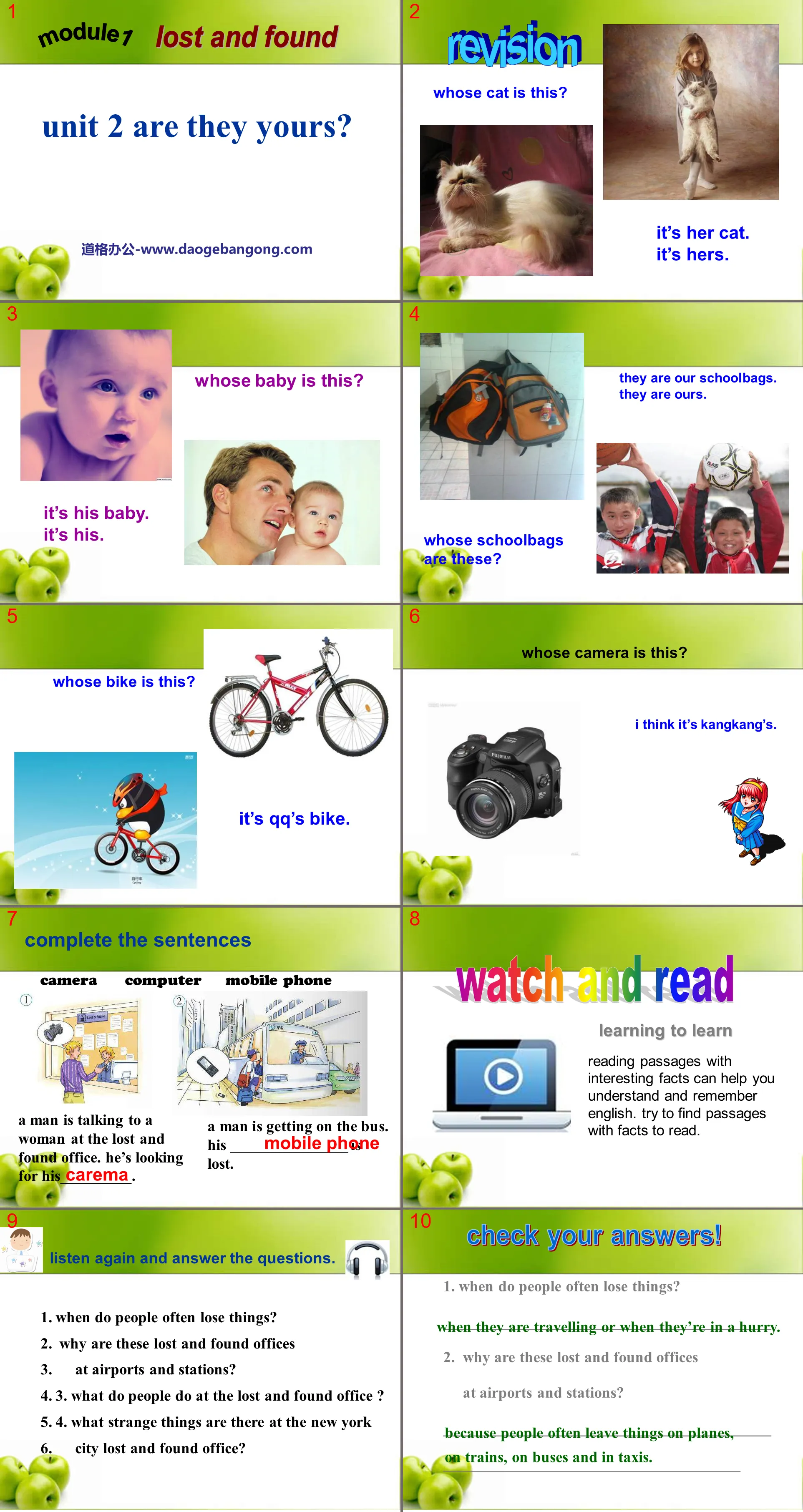Hebei Education Edition Ninth Grade English Volume 1
Hebei Education Edition Seventh Grade English Volume 2
Hebei Education Edition Eighth Grade English Volume 2
Foreign Language Research Edition Seventh Grade English Volume 1
Hebei Education Edition Eighth Grade English Volume 1
Hebei Education Edition 8th Grade English Volume 1
Shanghai Education Edition Third Grade English Volume 1
Oxford Translation English for Grade 9 Volume 1
People's Education Press Eighth Grade English Volume 1
Hebei Education Edition Fourth Grade English Volume 1
Foreign Language Research Edition Eighth Grade English Volume 2
Foreign Language Research Edition Fourth Grade English Volume 1
Hebei Education Edition Seventh Grade English Volume 1
High School English Compulsory Course 1, Foreign Language Research Edition
People's Education Press Ninth Grade English Volume 1
Oxford Translation English for Grade 6 Volume 2

| Category | Format | Size |
|---|---|---|
| Foreign Language Research Edition Seventh Grade English Volume 2 | pptx | 6 MB |
Description
《Are they yours?》Lost and foundPPT课件2
Revision
Whose cat is this?
It’s her cat.
It’s hers.
Whose baby is this?
It’s his baby.
It’s his.
Whose schoolbags are these?
They are our schoolbags.
They are ours.
Complete the sentences
Camera computer mobile phone
A man is talking to a woman at the lost and found office. He’s looking for his_________.
A man is getting on the bus. His _______ is lost.
Watch and read
Learning to learn
Reading passages with interesting facts can help you understand and remember English. Try to find passages with facts to read.
Listen again and answer the questions.
1. When do people often lose things?
2. Why are these lost and found offices at airports and stations?
3. What do people do at the lost and found office ?
4. What strange things are there at the New York City Lost and Found Office?
Check your answers!
1.When do people often lose things?
When they are travelling or when they’re in a hurry.
2.Why are these lost and found offices at airports and stations?
Because people often leave things on planes,
on trains, on buses and in taxis.
Language points
1. People often lose things when they’re travelling or when they’re in a huarry.
In a hurry means "in a hurry" and is a prepositional phrase. The verb phrase hurry uses "hurry up" to express "hurry up", and there is also "(there's) no hurry", which means "no hurry, no need to rush, there's plenty of time..."
e.g.:
We must hurry up if we want to be there on time.
We have to hurry if we want to get there on time.
There is no hurry, so do it slowly and carefully.
There is no need to rush, but to complete the task slowly and carefully.
2. Hundreds of people come here every day.
Many people come here every day.
Hundreds of means "many hundreds, many", which is equivalent to lots of. It is an approximate number. The noun and hundred that follow it should be plural. The word hundred itself is a definite number, meaning "one hundred". When hundred is preceded by an exact cardinal number, it should be in the singular.
e.g.:
two hundred students two hundred students
Hundreds of teachers
Distinguish between every day and everyday
Every day is an adverbial phrase, which acts as an adverbial modifier in the middle of a sentence, meaning "every day."
e.g.: We speak English everyday.
Everyday is an adjective and only serves as an attributive in a sentence, meaning "daily, every day."
e.g.: Let’s learn some everyday English.
Distinguishing between everyone and every one
1. Everyone means "everyone", which refers only to people, not things, and is not used with the phrase of. When "Everyone" is the subject in a sentence, the predicate verb should be in the third person singular form.
Is everyone here today? Is everyone here today?
2. Every one can refer to both people and things, and can be used with the preposition of.
Every one of us has a chance to speak at the meeting.
Each of us had the opportunity to speak at the meeting.
Summary
1. Most possessive adjective pronouns are followed by "s" to form possessive noun pronouns. There are three special cases:
my—mine, his— his, its—its。
2. The difference between possessive adjective pronouns and possessive noun pronouns:
The former has the meaning of a noun and must be followed by a noun; the latter can be used alone, which is equivalent to the corresponding possessive adjective plus a noun.
3. When a possessive pronoun is the subject, if the meaning is singular, the following be verb is is; if the meaning is plural, then the following be verb is are.
Homework
1) Each person makes a “Possessive Pronoun Card” as required.
Require:
①Specifications: 10cm×5cm.
②The front side is in Chinese, and the back side is in English with the corresponding possessive pronouns of nouns and possessive pronouns of adjectives.
③ Two people look at each other's cards in a group and say (or read) the corresponding Chinese or English.
2) Work in groups of three to write and act out a dialogue using possessive pronouns.
Keywords: "Are they yours?" teaching courseware, Foreign Language Teaching and Research Press seventh grade English courseware, seventh grade English slide courseware download, "Are they yours?" PPT courseware download, .ppt format
For more information about the "lost_and_foundare_they_yours" PPT courseware, please click the lost_and_foundPPTare_they_yoursPPT tag.
《Are they yours?》Lost and found PPT课件4:
《Are they yours?》Lost and found PPT courseware 4 talk is an intransitive verb, meaning to discuss; to talk. talk to sb. to talk with sb. to talk with sb. to talk about sth. to discuss something talk to focuses on one side..
《Are they yours?》Lost and found PPT课件3:
《Are they yours?》Lost and found PPT课件3 Complete the sentences Camera computer mobile phone A man is talking to a woman at the lost and found office. Hes looking for h..
《Are they yours?》Lost and found PPT课件:
《Are they yours?》PPT课件 Revision Mind map思维导图 when: travelling/in a hurry lose where: leave .. on____/trains/busesin -why there^ at airports/stations P23: size: bi..
File Info
Update Time: 2024-11-15
This template belongs to English courseware Foreign Language Research Edition Seventh Grade English Volume 2 industry PPT template
《Are they yours?》Lost and found PPT课件2 Simple campus recruitment activity planning plan summary enterprise and institution recruitment publicity lecture PPT template is a general PPT template for business post competition provided by the manuscript PPT, simple campus recruitment activity planning plan summary enterprise and institution recruitment promotion Lecture PPT template, you can edit and modify the text and pictures in the source file by downloading the source file. If you want more exquisite business PPT templates, you can come to grid resource. Doug resource PPT, massive PPT template slide material download, we only make high-quality PPT templates!
Tips: If you open the template and feel that it is not suitable for all your needs, you can search for related content 《Are they yours?》Lost and found PPT课件2 is enough.
How to use the Windows system template
Directly decompress the file and use it with office or wps
How to use the Mac system template
Directly decompress the file and use it Office or wps can be used
Related reading
For more detailed PPT-related tutorials and font tutorials, you can view: Click to see
How to create a high-quality technological sense PPT? 4 ways to share the bottom of the box
Notice
Do not download in WeChat, Zhihu, QQ, built-in browsers, please use mobile browsers to download! If you are a mobile phone user, please download it on your computer!
1. The manuscript PPT is only for study and reference, please delete it 24 hours after downloading.
2. If the resource involves your legitimate rights and interests, delete it immediately.
3. Contact information: service@daogebangong.com
《Are they yours?》Lost and found PPT课件2, due to usage restrictions, it is only for personal study and reference use. For commercial use, please go to the relevant official website for authorization.
(Personal non-commercial use refers to the use of this font to complete the display of personal works, including but not limited to the design of personal papers, resumes, etc.)
Preview










